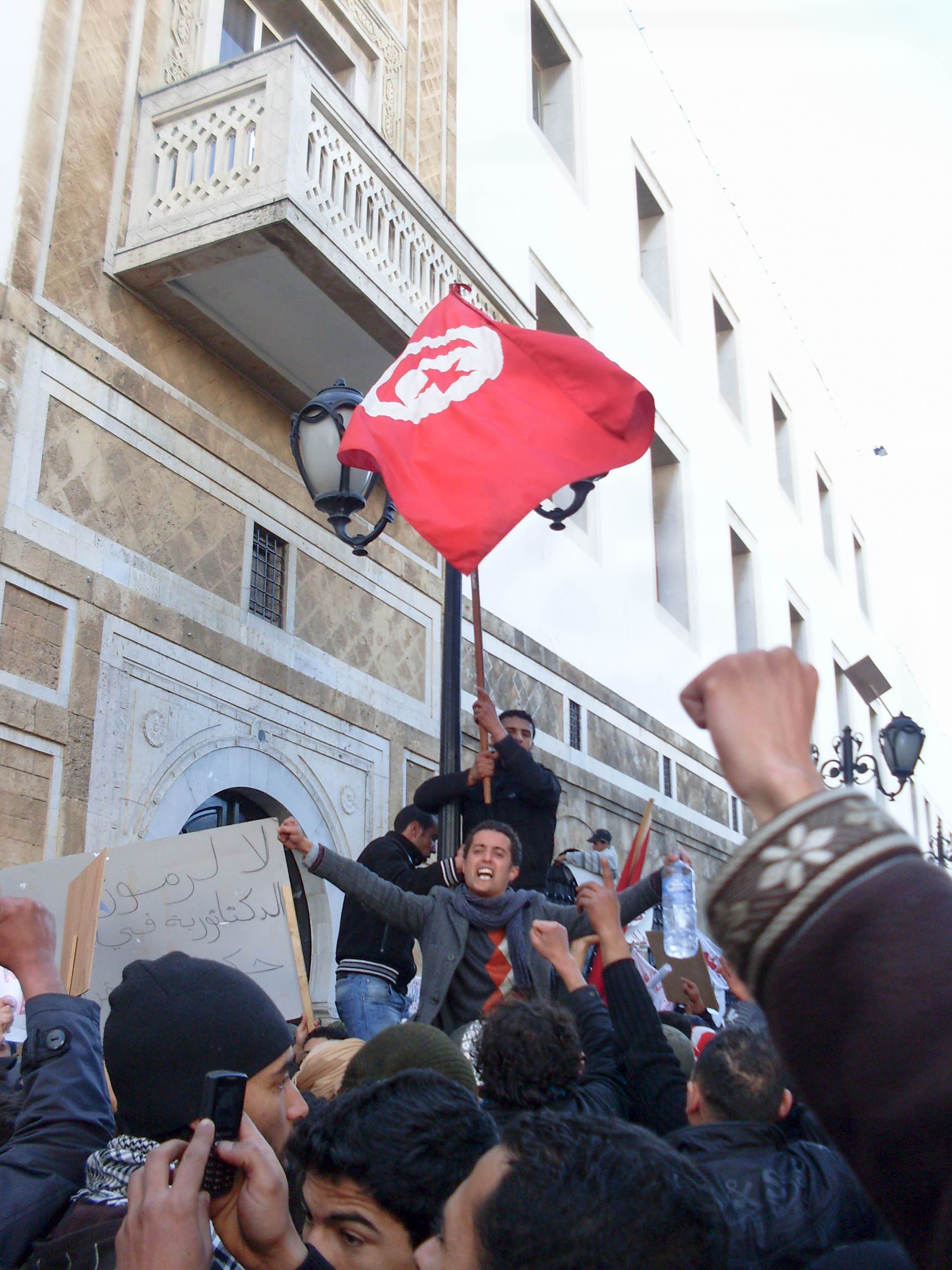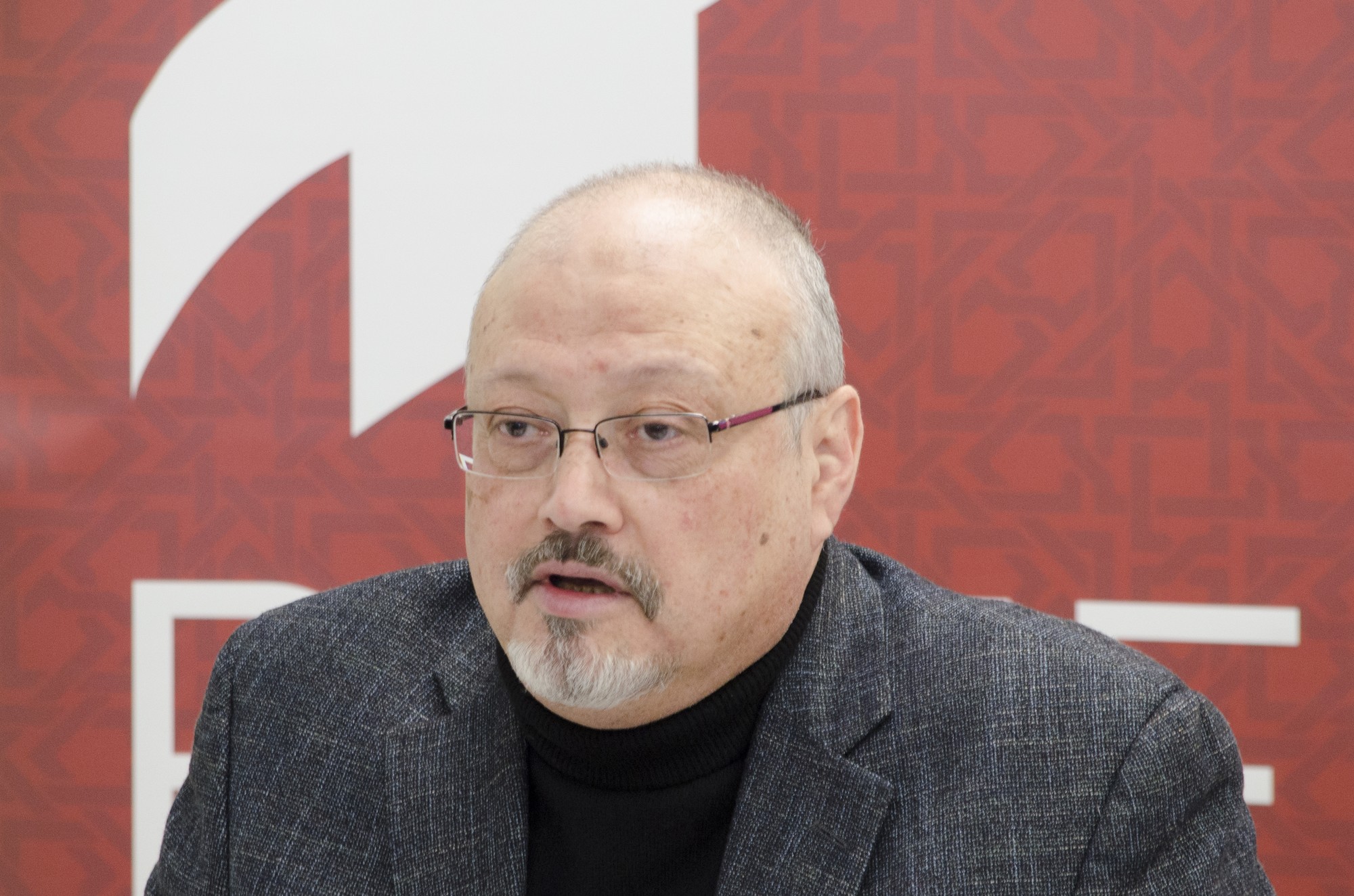What Happened?
Tunisians began protesting a raised value-added tax, social contributions and increased prices on certain goods on Jan. 7. Protests have occurred in at least 10 different locations across the country including Tunis, the capital city and center of the protests.
Tunisians are outraged at the proposed 2018 budget, and some of the protests turned violent as the discontentment continued, according to the BBC. Protesters attacked officials, burned police cars and blocked streets. In Thala, a city near Algeria, protesters burned down the national security offices, and the army was called in to quell protests, according to the BBC.
The Latest
Nearly 803 people have been arrested according to Tunisia’s interior ministry spokesperson Khlifa Chibani. Tunisian President Beji Caid Essebsi met protesters Sunday, Jan. 14, saying he understood where they are coming from. Protesters continued to clash with police through Sunday, and according to NPR’s Ruth Sherlock, university graduates who are unable to find work are at the core of the protests.
What’s next?
Tunisian lawmakers are looking to restructure medical care, housing and increasing welfare payments to the poor. Mohammed Trabelsi, social affairs minister, said welfare payments could increase by $70 million and alluded to the possibility of guaranteed medical care and housing reform.
In Context
Sunday, Jan. 14, was the seventh anniversary of the initial Arab Spring uprisings that began in Tunisia. University graduates were also at the heart of the Arab Spring protests seven years ago, and those protests led to the ousting of former President Zine al-Abidine Ben Ali.
Tunisia has seen nine governments in the past seven years. Tunisia’s economy has been suffering as of late, with youth unemployment at 35.4 percent according to the World Bank.



